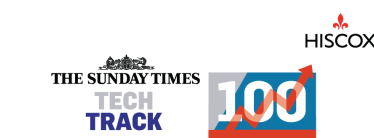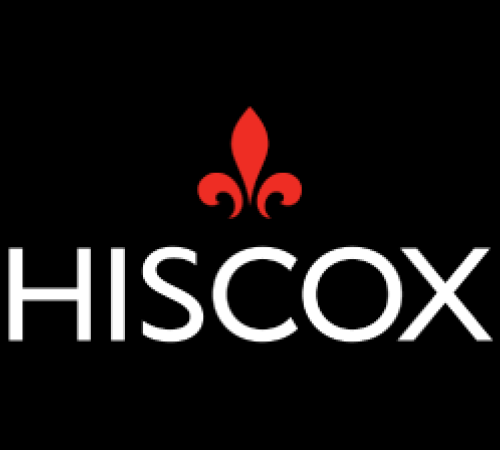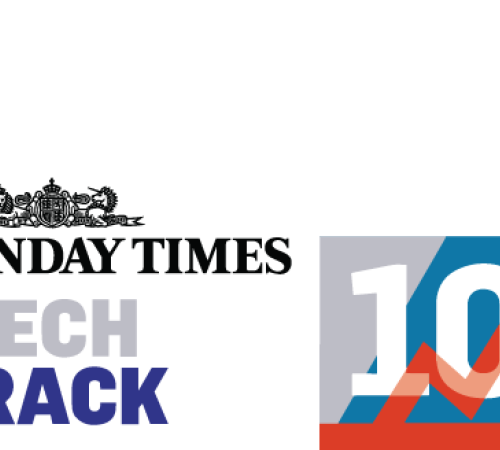

Emerging technologies
What does this year’s table tell us? After several years of dominance, there are fewer adtech firms achieving the sustained rates of required growth to achieve a place on the league table. Typically, companies have to be growing at a minimum of 40% a year for three years (and have latest year sales of £5m+), which is a high bar and one that is harder to achieve as companies mature. And this appears to be what is happening in adtech – after an initial rapid rise in the number of new companies exploiting technology to help advertisers better target their messages online, the industry is maturing.
In their place expect to see more fintech firms – there was only seven back in 2014, including the likes of Zopa and Calastone; this year we are likely to see 20 fintechs make the table.
While fewer in volume, medtech firms are also on the rise, generating sales by commercialising their IP in areas such as the diagnosis and treatment of cancer and diabetes as they move beyond the trial stages of testing their know-how. Some promising young companies are agreeing joint ventures or licensing deals with multinational pharma groups, with their revenues generated from staged payments as they achieve agreed milestones.
Funding
Investors have taken notice of their innovations, and this is another theme of the league table. When it comes to hyper-growth firms, venture capitalists back an increasing number of the companies, helping to fuel their growth ambitions and, for many, support (hopefully) short-term losses as they pursue market share.
Tech nation
The UK wants to become an increasingly tech-driven nation, and to do so must support entrepreneurs wherever they happen to be located. While London will remain our key tech hub, this year’s table will show that there has been a notable and sustained increase in the number of hyper-growth companies in Manchester, and the wider north west of England.
Decision-making in uncertain times
While the Brexit negotiations and wider trade disputes, as well as growing threats from cyber-attacks and disruptive new technologies, are causing the management teams of many companies to pause for thought, the founders of Tech Track 100 are carrying on regardless.
They are investing in their R&D to fuel their organic growth, both in the UK and overseas, and the majority (70+) are building on their international operations. Instead of delaying decisions until there is more clarity on Britain’s relationships with its major trading partners, a significant number of the companies have recently pushed the button on overseas acquisitions or investments to allow them to open in new territories.
There are always risks with making such bold decisions, but these Tech Track 100 entrepreneurs have done their homework and are grasping the opportunities that they see while others dither.
Fast Track has been identifying the most successful private companies in Britain and ranking them in its league tables published with The Sunday Times since 1997. Find out more about the Sunday Times Hiscox Tech Track 100 (external link).
Disclaimer:
At Hiscox, we want to help your small business thrive. Our blog has many articles you may find relevant and useful as your business grows. But these articles aren’t professional advice. So, to find out more on a subject we cover here, please seek professional assistance.





